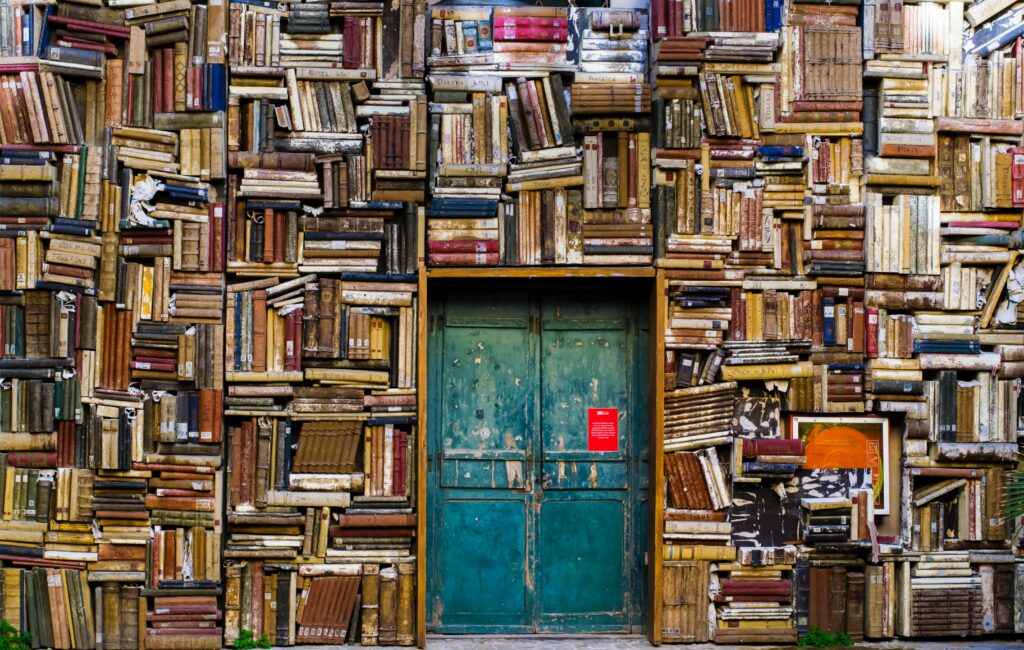
When I was young and immature as I was back in primary school, I despised reading. With the myriad of options available to me – playing on the Nintendo DS with all its bells and whistles, enjoying the sun while playing soccer with friends, there was always something more exciting than reading. The seemingly dry, single-minded concentration required for reading was the last thing I would want to do. I would ask myself – why would I bury myself like a hermit in a book?
Because I resented reading so much, my mom had an idea of paying me five dollars to finish a book in the library. Five dollars was a lot of money when you’re a kid. The monetary incentive managed to serve as an adequate driving force for me to overcome my spurn of reading. It managed to work for a few books – I got through them rather quickly. I was happy to collect five-dollar note after five-dollar note. However, seeing that I was reading so much, my mom eventually stopped paying me. As you’d expect, I ceased reading after not receiving monetary compensation.
As a child, I was proud of the fact that I didn’t read. Looking back on it, it is one of the largest regrets in my life – among the many regrets of my childhood that I have. Immaturity does have its consequences, regardless of one’s ignorance of them.
Reflecting on it now, it abhors me to think that I read for the horrible motive of money, and not the knowledge and wisdom in which books provide. Had I continued my habit of reading from childhood, I would be a lot more knowledgeable, wise, and in many ways be less of a boring person to talk to. It is only at the commencement of this year in which I have been able to seriously inculcate the habit of reading – of which I am extremely glad. A Chinese proverb sums up my experience rather well, and it goes like this:
“The best time to plant a tree was 20 years ago. The second best time is now.”
Chinese Proverb
In our ever-changing world, our quality of life has unprecedentedly improved faster than ever before in the history of man. The structure of society itself has been constantly changing since the industrial revolution two centuries ago. For example, smartphones are so ubiquitous now in which we are metaphorically glued to them. Without it, it is difficult for the modern man to get by. The baffling thing, however, is the fact that the revolutionary release of the first iPhone was only a decade ago – being released in 2007.
The realisation of how immersed we are with technology hit me during lockdown. Being advised to stay at home, all our social interactions are reduced to a phone, tablet, or computer. Essentially reduced to caged chickens, the only peephole to observe the outside world was via our screens. How far technology has come! If the COVID-19 pandemic had occurred a few decades ago, it would be a lot more unbearable as it would be extremely problematic to work, study, or even socialise online.
In juxtaposition to our ever-changing digital landscape, however, one thing that has remained constant is books. The written word has been around for thousands of years, and it is not likely to change in any way shape, or form. True, it has migrated from paper to digitised audiobooks – however, the essence of reading has not changed.
In our generation, the notion of being well-read is becoming less and less common. Most likely this is due to the fact that technology is so widespread – in which so much vies for our attention. The antithesis of being well-read – in other words, ignorance – is slowly emerging to become a larger problem. Don’t be like the ignorant child that I was, in which I made the costly mistake of valuing extrinsic gain as opposed to finding the intrinsic value of knowledge itself. In such an age as ours, we should all make an effort to be well-read.
“Give yourself unto reading. The man who never reads will never be read; he who never quotes will never be quoted. He who will not use the thoughts of other men’s brains, proves that he has no brains of his own. You need to read.”
Charles H. Spurgeon

3 Pingbacks